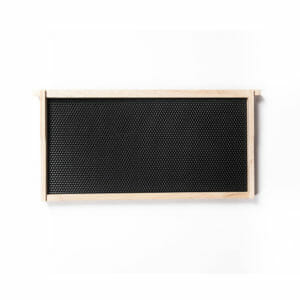Research shows that the world’s most used weedkiller, Glyphosate (RoundUp), damages the beneficial bacteria in the guts of honeybees.
This year the media has begun reporting disturbing new research. It seems the world’s most popular weedkiller, Glyphosate, damages the beneficial bacteria in the guts of honeybees. This makes them more prone to deadly infections.
The Guardian reports that Glyphosate targets an enzyme only found in plants and bacteria. Unfortunately, this includes the microbiota that honeybees need to grow and to fight off pathogens.
Glyphosate is the active ingredient in herbicide brands like RoundUp. It is the most used agricultural chemical in history. Human health concerns have already made it incredibly controversial. But Monsato, which invented and produces it, insists it is safe. Although this is a company that has been widely controversial and untrusted by the public for decades now.
Back to the bees, who can easily be forgotten with all the fuss over human health impacts. Cosmos science magazine quotes a researcher from the University of Texas at Austin in the US:
“We need better guidelines for glyphosate use, especially regarding bee exposure, because right now the guidelines assume bees are not harmed by the herbicide,” says research co-leader Erick Motta. “Our study shows that’s not true.”
So regardless of your feelings about Monsato or RoundUp, there is increasing evidence that it’s not good for bees. Be sure to stick with the Whipper Snipper to keep the grass down around your beehives!





